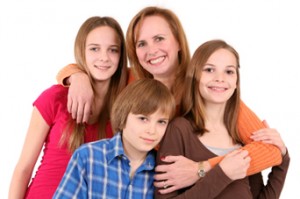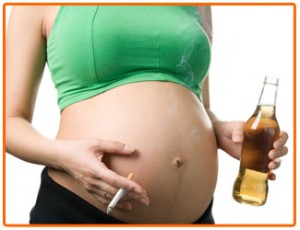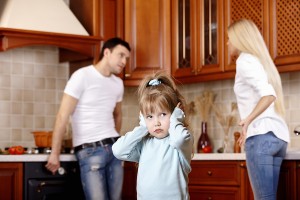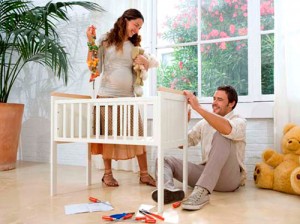 Not all cases of addicted parents raising children have a tragic ending. Some addicted parents still provide a lot of love and security to their children on many levels. Some parents only struggle with addiction briefly during a certain phase of their child’s life. And some parents simply find the addiction treatment they need and improve their lives for the good of themselves and their family. Treatment and counseling is always recommended for a struggling addict, but when the addict is a parent, counseling is recommended for the whole family.
Not all cases of addicted parents raising children have a tragic ending. Some addicted parents still provide a lot of love and security to their children on many levels. Some parents only struggle with addiction briefly during a certain phase of their child’s life. And some parents simply find the addiction treatment they need and improve their lives for the good of themselves and their family. Treatment and counseling is always recommended for a struggling addict, but when the addict is a parent, counseling is recommended for the whole family.
The reason that addiction counseling should be extended to the entire family unit is because children in particular need help processing their parent’s behavior. Children are highly perceptive and have surely noticed their parent’s addictive behavior, but cannot relate to it or process it. Child psychologists and family addiction counselers are well equipped for helping children understand what their family is going through. They are able to get children talking about it so that it does not remain misinterpreted in their minds, or remain an emotional burden on their hearts.
The spouses or partners of addicts also need counseling. As adults, we have a better understanding of what addiction is, but to a non-addict, addictive behavior can still be hard to understand and can be emotionally scarring. The non-addicted partner has spent time having their needs neglected while their partner is lost in their addiction, and may have been frequently abused or mistreated as well. Not everyone’s relationship can survive this kind of turmoil. It is not uncommon for marriages and relationships with addicts to end in divorce or separation. But many are also willing to go through counseling and lend their sympathy to their partner, knowing that they are afflicted with a disease and need compassion. For those families who are willing to undergo recovery together, there is a light at the end of the tunnel.
Residents of the United States and Canada who are parents struggling with addiction may not know where to turn for help, but resources are available to them. Parents or soon-to-be parents who are ready to confront their addiction problems can turn to an addiction treatment facility United States or an addiction rehab Canada for direction in their recovery.
 Substance abuse during pregnancy is a sad but common reality. Carrying a child is not reason enough for some women to stop drinking, smoking or mismanaging their diet. This tends to happen when the mother is a struggling addict or when the pregnancy was unwanted and therefore uncared for. In a perfect world, the health of every unborn child would be of great concern to its mother, but some women are not able to meet this expectation. The most abused substances by mothers-to-be are, not surprisingly, alcohol and marijuana.
Substance abuse during pregnancy is a sad but common reality. Carrying a child is not reason enough for some women to stop drinking, smoking or mismanaging their diet. This tends to happen when the mother is a struggling addict or when the pregnancy was unwanted and therefore uncared for. In a perfect world, the health of every unborn child would be of great concern to its mother, but some women are not able to meet this expectation. The most abused substances by mothers-to-be are, not surprisingly, alcohol and marijuana. Substance abuse during pregnancy is a sad but common reality. Carrying a child is not reason enough for some women to stop drinking, smoking or mismanaging their diet. This tends to happen when the mother is a struggling addict or when the pregnancy was unwanted and therefore uncared for. In a perfect world, the health of every unborn child would be of great concern to its mother, but some women are not able to meet this expectation. The most abused substances by mothers-to-be are, not surprisingly, alcohol and marijuana.
Substance abuse during pregnancy is a sad but common reality. Carrying a child is not reason enough for some women to stop drinking, smoking or mismanaging their diet. This tends to happen when the mother is a struggling addict or when the pregnancy was unwanted and therefore uncared for. In a perfect world, the health of every unborn child would be of great concern to its mother, but some women are not able to meet this expectation. The most abused substances by mothers-to-be are, not surprisingly, alcohol and marijuana.

